If you are traveling to Botswana from outside of the country, you should be aware of the Botswana entrance requirements for visitors before you start planning your travel. If you do not meet the passport, VISA, or immunization requirements, you could be denied entry into Botswana. This is not something that I would wait until the last minute to take care of as you might not have enough time to sort out any issues at the last minute should you run into them.
To assist you in making sure you meet the necessary requirements to visit Botswana, I have outlined all of the requirements you need to be concerned about in this article. Furthermore, I have also created the handy checklist I linked below for you to use as a point of reference and to track all of the requirements as you meet them.
Download the Botswana Entrance Requirements Checklist
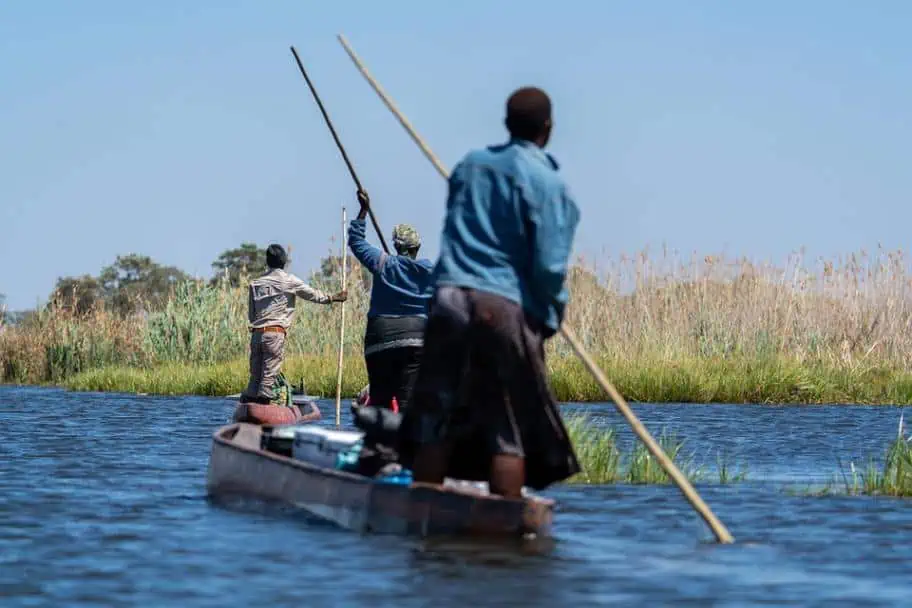
Botswana Passport Requirements
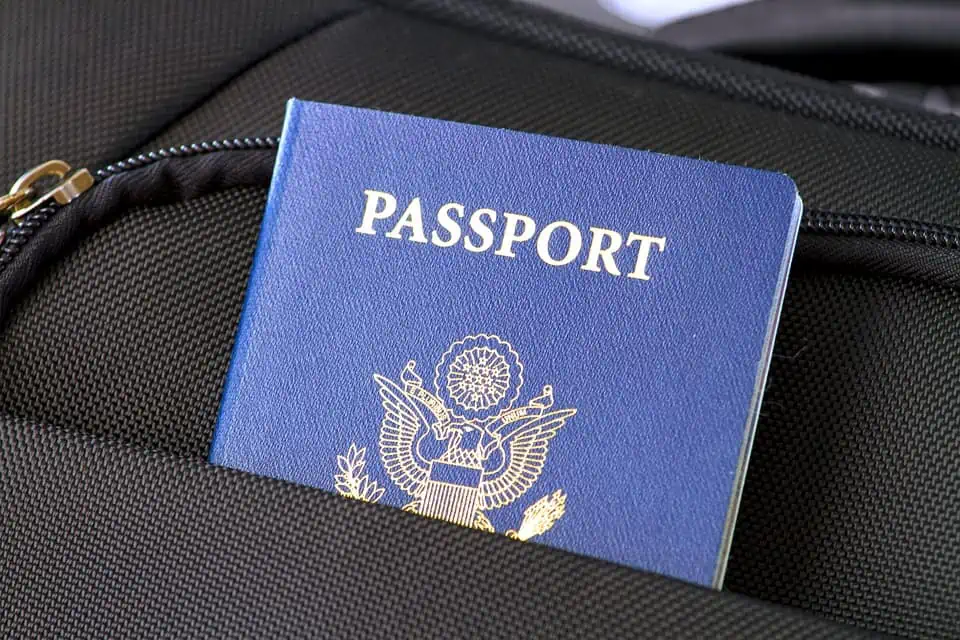
One of the most important of the Botswana entrance requirements that you will need to consider when planning your trip is the country’s passport requirements. In order to be allowed into Botswana, not only will your passport need to be valid, but it will need to be valid for at least 6-months after your date of arrival. So, if your passport is set to expire within 6-months of your arrival date, you will need to renew your passport before you travel to Botswana.
| Passport Validity | Blank Pages Required |
|---|---|
| At least 6-months beyond arrival date. | 3 consecutive empty visa pages per entry. |
Botswana VISA Requirements
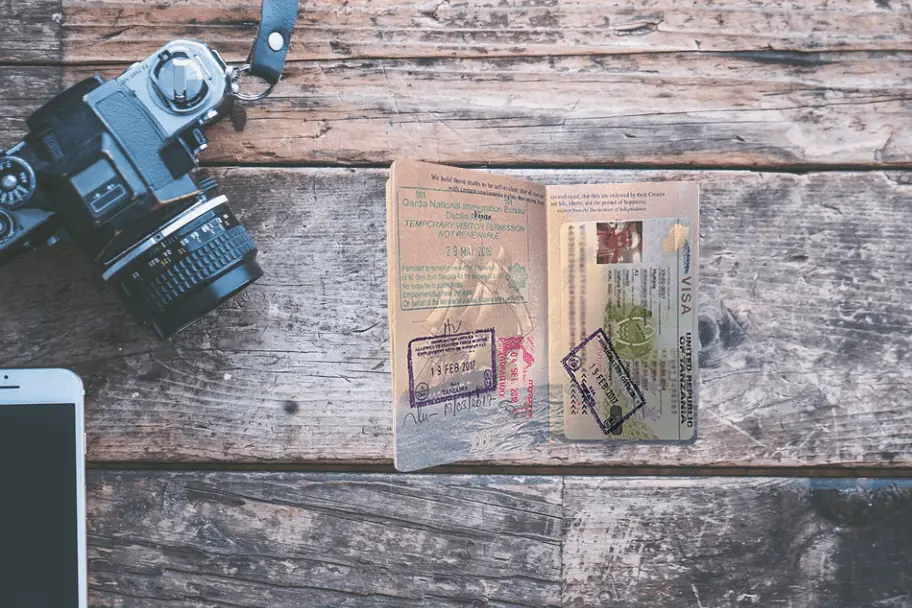
According to the US State Department website, United States citizens wishing to visit Botswana for 90-days or less within a 12-month period, no VISA is required for entry. If you plan on staying in Botswana for more than 90-days within a 12-month period, you will need to apply for a VISA. You cannot apply for the VISA in-country, so you will need to contact the Embassy of the Republic of Botswana to apply.
Botswana Immunization Requirements
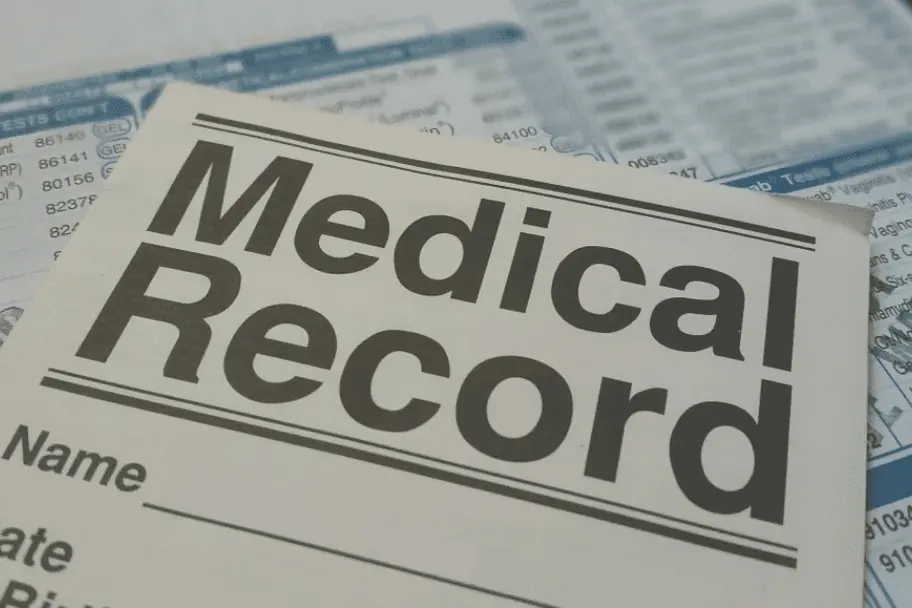
Routine Travel Vaccinations for Botswana
Important Note: I am not a medical doctor and do not have any medical experience. The information provided in this section is a summary of information that I got from the recommendations of the Centers for Disease Control and Prevention in the United States for travel to Botswana. I am providing you this information to help bring awareness of the necessary vaccinations to you, but consultation of my guide should not replace a discussion about your travels with your doctor or a travel medical clinic.
One of the most important, and yet most often overlooked, aspects of travel is the necessary vaccinations that are required or recommended to keep you safe and healthy when you travel. Before you depart for Botswana, you are going to want to make sure that you have all of the proper vaccinations. Some of these vaccinations, like the Yellow Fever vaccination, are included in the Botswana entrance requirements if you are travelling to Botswana from certain high-risk locations. Other vaccinations, such as a flu shot and the Rabies vaccine, are recommended, but not required. For your convenience, I have summarized the CDC’s recommendations on vaccines and healthcare for travelers visiting Botswana for you to review below.
Recommended Travel Vaccinations for Botswana
There are a number of vaccinations that the CDC recommends that you get before traveling to Botswana, which I have outlined for you below. If you are traveling to Botswana from a destination where Yellow Fever is common, even if it is only a long layover, then you will be required to show proof of vaccination before you will be allowed into the country. The other vaccinations on this list are not in the Botswana entrance requirements, but they are strongly recommended.
| Vaccine | How Disease Spreads | Details |
|---|---|---|
| Hepatitis A | Food & Water | Recommended for most travelers |
| Hepatitis B | Blood & Body Fluids | Accelerated schedule available |
| Yellow Fever | Thru the bite of infected mosquitoes. | If you are going to be traveling from a country where Yellow Fever is endemic, even if it is only for a layover twelve hours or more, you will need to receive a Yellow Fever vaccination and have certification of that vaccination before you will be allowed into Botswana. |
| Rabies | The saliva of infected animals. Bites or licks on open wounds are the most common vector. | Requires three shots over 21-28 days |
| Typhoid | From food and water you handle or ingest. | Recommended for most travelers, especially those staying with friends or relatives or visiting smaller cities or rural areas. |
| COVID-19 | From being around or coming into contact with someone who is sick. | Depending on Vaccine brand, will require one or two shots over multiple weeks. Everyone 16 years of age and older should get fully vaccinated for COVID-19 before travel. |
| Measles | Various vectors. | Infants 6 to 11 months old traveling internationally should get 1 dose of measles-mumps-rubella (MMR) vaccine before travel. This dose does not count as part of the routine childhood vaccination series. |
| Malaria | Contracted from mosquito bites. | CDC recommends that travelers going to certain areas of Botswana take prescription medicine to prevent malaria. Depending on the medicine you take, you will need to start taking this medicine multiple days before your trip, as well as during and after your trip. Talk to your doctor about which malaria medication you should take. |
| READ MORE: |
 |
| Rabies Vaccination for Travel – Why I think All Travelers Should Consider It |
Routine Vaccinations for Botswana
In addition, the vaccinations that are recommended for travel to Botswana specifically, there are other routine vaccinations that you should make sure that you are current on before traveling anywhere in this world. For an overview of the routine vaccinations recommended by the CDC, please review the chart that I have included below.
| Disease Name | How Disease Spreads | Advice |
|---|---|---|
| Measles Mumps Rubella (MMR) | Various Vectors | Given to anyone unvaccinated and/or born after 1957. One time adult booster recommended |
| TDAP (Tetanus, Diphtheria & Pertussis) | Thru open wounds & airborne transmission | Only one adult booster of pertussis required |
| Chickenpox | Direct contact with infected individuals & airborne transmission | Given to those unvaccinated that did not have chickenpox |
| Shingles | Direct contact with infected individuals | Vaccine can still be given if you have had shingles. |
| Pneumonia | Airborne transmission | Two vaccines given separately. All 65+ or immunocompromised should receive both |
| Influenza | airborne transmission | Vaccine components change annually |
| Meningitis | Direct contact with infected individuals & airborne transmission | Given to anyone unvaccinated or at an increased risk, especially students |
| Polio | Thru contaminated food and water | Considered a routine vaccination for most travel itineraries. Single adult booster recommended |
Non-Vaccine Preventable Diseases
In addition to the recommended vaccinations, there are other health precautions that you should take when traveling to Botswana to avoid getting sick. While these health precautions aren’t on the list of Botswana entrance requirements, they are important measures that you can take to make sure you don’t get ill while traveling.
AVOID CONTAMINATED WATER
When traveling, one of the easiest ways to get sick is to come into contact with contaminated water. There are a number of illnesses that are found in Botswana that can be spread by either drinking or swimming in contaminated water. Before you depart for your trip, you will want to be aware of the illnesses below. To avoid getting sick, make sure you stick to drinking bottled water and avoid swimming in stagnant pools.
| Disease Name | How Disease Spreads | Advice |
|---|---|---|
| Leptospirosis | Touching fluids of infected animal or drinking or swimming in contaminated water. | Avoid contaminated water and soil |
| Schistosomiasis | Wading, swimming, bathing, or washing in contaminated freshwater streams, rivers, ponds, lakes, or untreated pools. | Avoid contaminated water and soil |
AVOID BUG BITES
Another easy way to get sick while traveling is to be bitten by bugs that carry illnesses. The most common insect that spreads diseases to humans is the mosquito, but ticks and flies can also spread serious illnesses thru their bites. To make sure you don’t fall ill from an insect bite while in Botswana, I would recommend bringing insect repellent and mosquito netting with you when you visit and avoid getting bitten by bugs as much as possible.
| Disease Name | How Disease Spreads | Advice |
|---|---|---|
| African Tick-Bite Fever | Tick bite | Avoid Bug Bites |
| Chikungunya | Mosquito bite | Avoid Bug Bites |
| Dengue | Mosquito bite | Avoid Bug Bites |
| READ MORE: |
 |
| Are Antimalarial Medications Worth Taking? |
BE AWARE OF AIRBORNE AND DROPLET ILLNESSES
Out of all the ways that illnesses can be spread, the diseases that are airborne are the hardest to protect yourself against. After all, you don’t have to physically touch or be touched by an infected person or animal and there isn’t a repellant that you can spray on to avoid catching these illnesses. This is why it is always important to be observant of those with whom you interact with while traveling and make sure you don’t expose yourself to potentially harmful airborne illnesses. According to the CDC, the particular airborne illnesses that you should be aware of while travelling to Botswana are as follows:
| Disease Name | How Disease Spreads | Advice |
|---|---|---|
| Tuberculosis (TB) | Breathing in the air from an infected individual (via cough, speaking, etc..) | Avoid people who look sick |
| Hantavirus | Coming into contact with bodily fluids or droppings of infected rodents, being biten by an infected rodent, or less commonly from coming into contact with someone else who is infected | Avoid rodents and people who look sick |
Botswana COVID-19 Entrance Requirements

According to the US Embassy in Botswana, visitors who are fully vaccinated against COVID-19 do not need to provide a negative PCR test upon arrival. Travelers who cannot provide verifiable proof of full COVID-19 vaccination will need to show a negative PCR test taken within 72 hours of their arrival in Botswana. I strongly recommend making sure that your COVID-19 vaccination certification has a QR code on it as many countries are requiring the QR code as proof of authenticity.
| READ MORE: |
 |
| Have a Back-up Plan for your Travel Plan |
Botswana Customs Restrictions
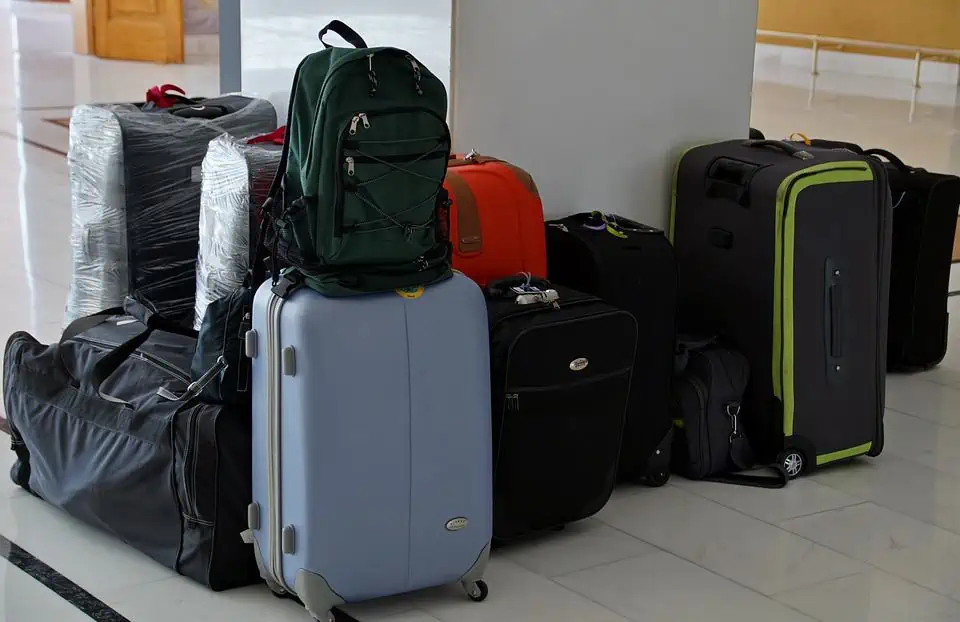
Free Import
When traveling to Botswana, it is important to understand what types of items that you are free to bring into the country and which items you will be charged or prohibited from bringing in. According to the VISAHQ.com, website, the following items are considered free-import items, but with limits (as described below).
- 200 cigarettes
- 20 cigars
- 250g of Cigarette or Pipe tobacco
- 2 liters wines
- 1-liter spirits and alcoholic beverages
- 50 mil perfume
- 250 mil toilet water
- 25kg per family of Red Meat
- 5 kg per person in Poultry Meat
- 36 Eggs per person
- 2 liters Fresh Meat
- 12kg of Sugar per person
- Other new or used goods of a total value not exceeding R3000.00
Prohibited Items
Before you will be allowed into Botswana, you will also need to clear customs to be sure you aren’t carrying any prohibited items with you. For instance, travelers are strictly prohibited from being the following items into Botswana:
- Illegal drugs
- Military firearms, explosives and ammunition
- Knives and deadly weapons
- Unauthorized plant and plant products
- Unauthorized meat and meat products
- Unauthorized pets and animals
- Semi-precious stones
- Radioactive or hazardous material
- Counterfeit money and goods
- Pornographic material
Controlled Items
In addition to these prohibited items, the government of Botswana has placed limits on the quantity of other items that can be brought into the country. If you plan to travel with any of the following items when visiting Botswana, you will want to plan accordingly so that you do not violate the Botswana entrance requirements:
- Firearms and ammunition (requires a Police permit issued by the Central Arms Registry).
- Boats, mokoro, or aquatic apparatuses (requires an Import Permit issued by the Department of Water Affairs).
- Plants, seeds, and other plant products (requires permission from the Chief Agricultural Research Officer).
- Wild animals or their products for trophy or meat (requires an export permit issued by the Department of Wildlife and National Parks).
- Cats, dogs, and other animals (requires an Animal Health Certificate issued by the Director of Animal Health and Production and a Rabies vaccination certificate).
Botswana Currency Restrictions
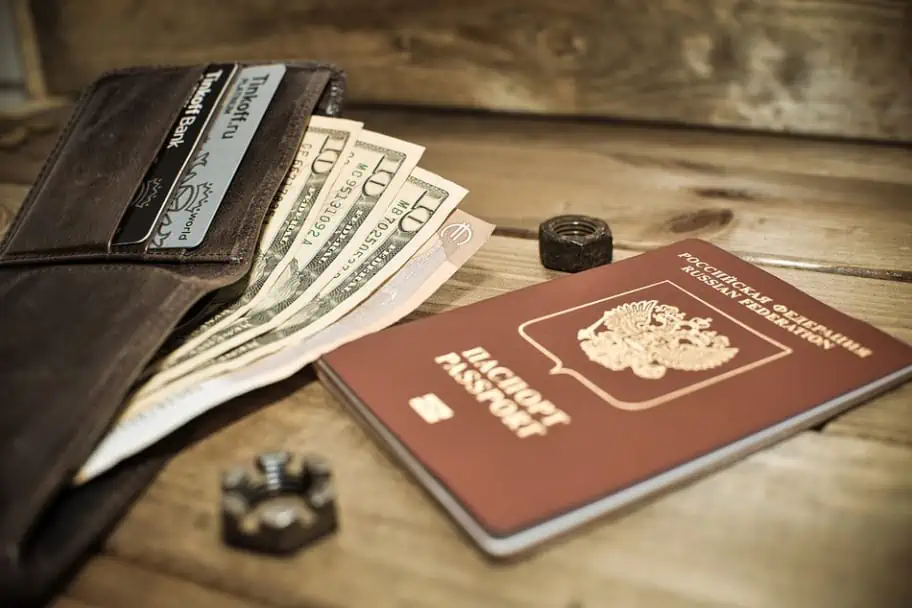
The final aspect of the Botswana entrance requirements that you will want to make sure you comply with when traveling to Botswana is the amount of currency you plan on bringing to the country. When visiting Botswana, like all countries, you can’t just bring any amount of currency that you want into the country or leave with any amount of currency when visiting. According to the US State Department website, the government of Botswana has the following currency limits and regulations in place:
- There are no currency restrictions on entry.
- There are no currency restrictions when exiting Botswana.
IMPORTANT NOTE: If you are planning to visit Botswana to go on safari at one of its many incredible national parks and reserves, I would strongly recommend bringing enough cash with you to pay for the food, drink, and amenities that you need to purchase. Do not count on being able to use an international credit card as they may not be accepted in many of the remote places you will be visiting. I would also suggest brining enough small denominations of bills so that you won’t need to worry as much about getting change for larger bills in case change is unavailable.
Don’t Forget to Subscribe to My Adventures!

Let Me Help You Save On Your Next Adventure!
‘Start Exploring Today’ Merchandise Available Now!












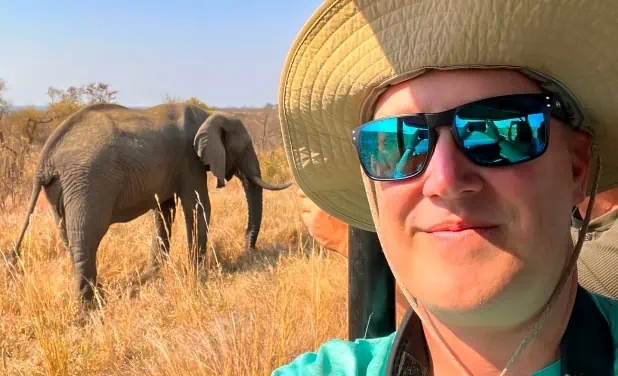
1 comment ›